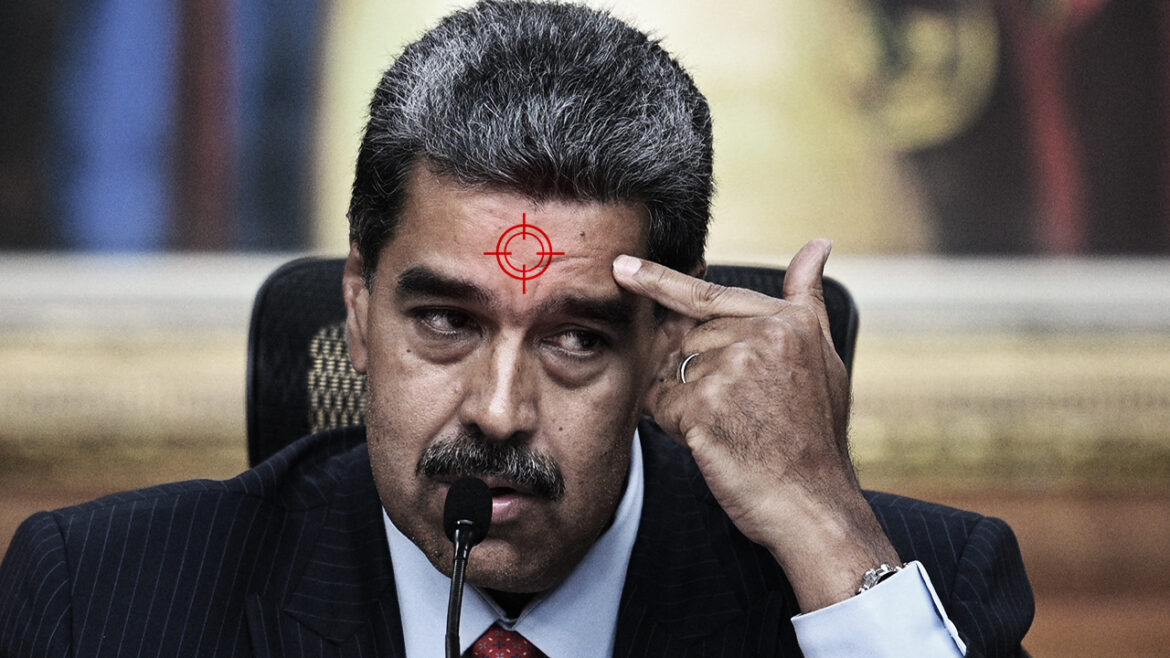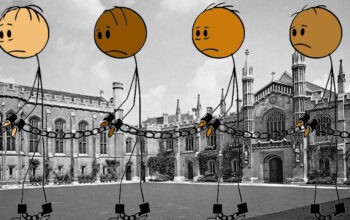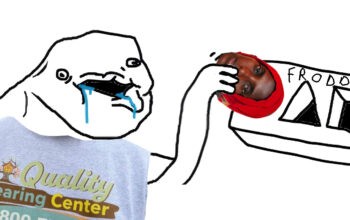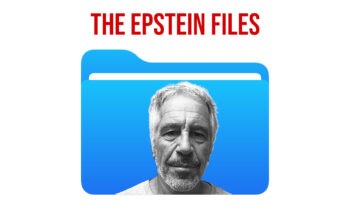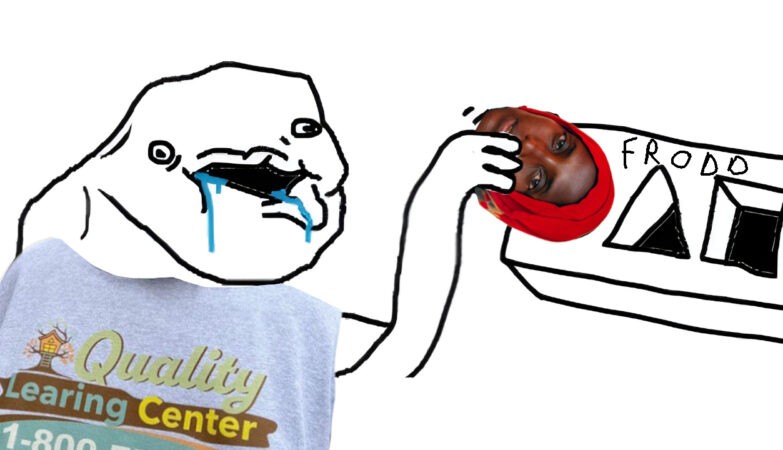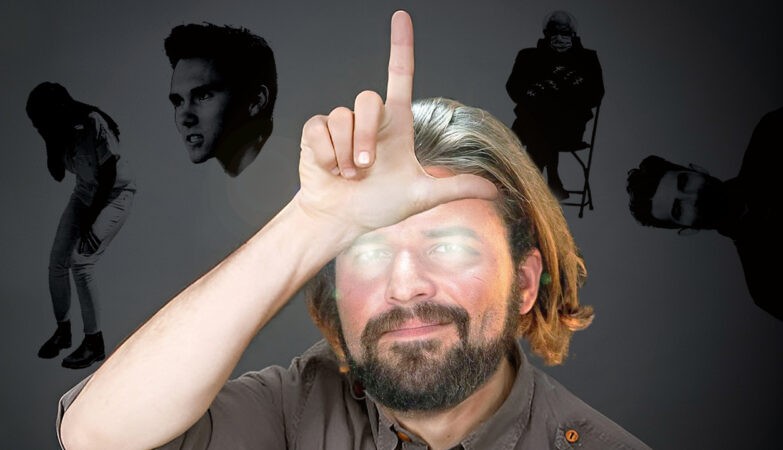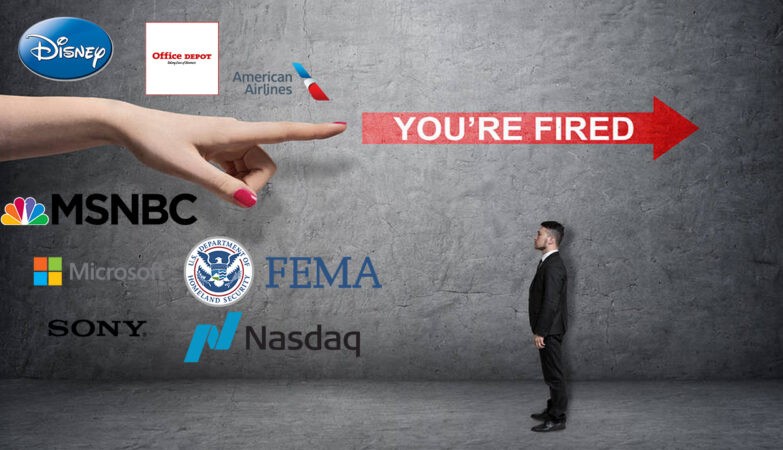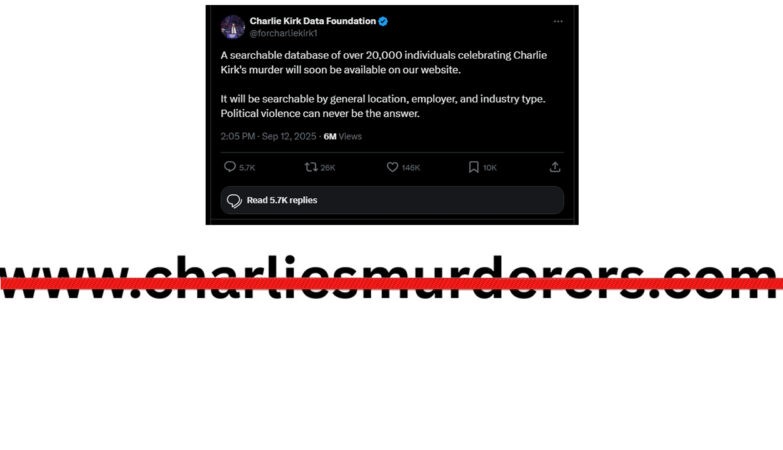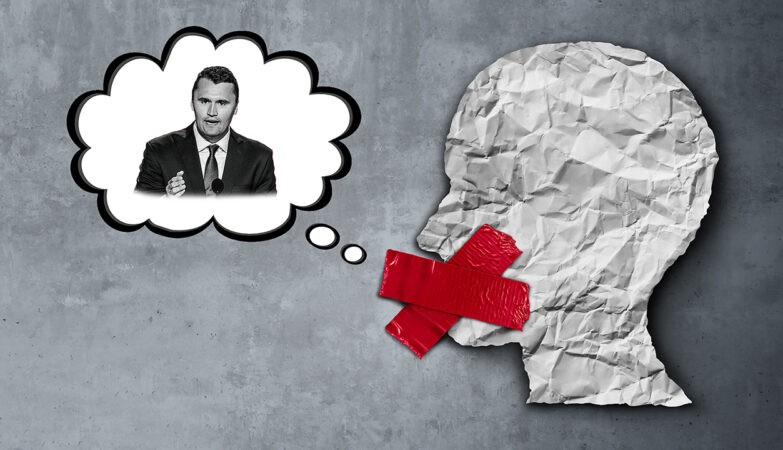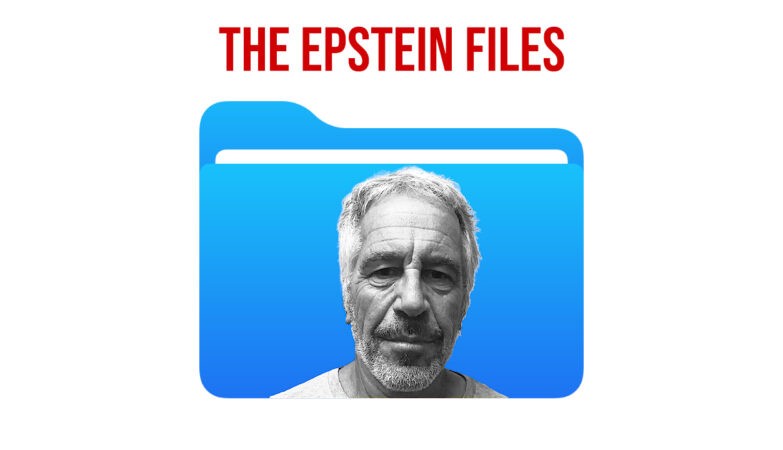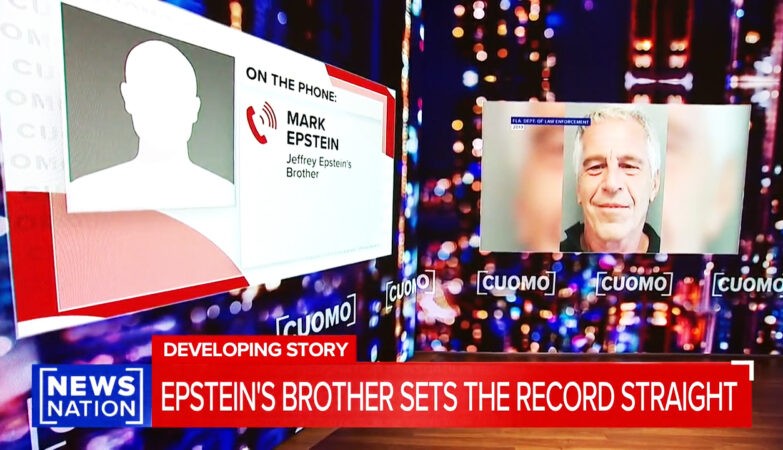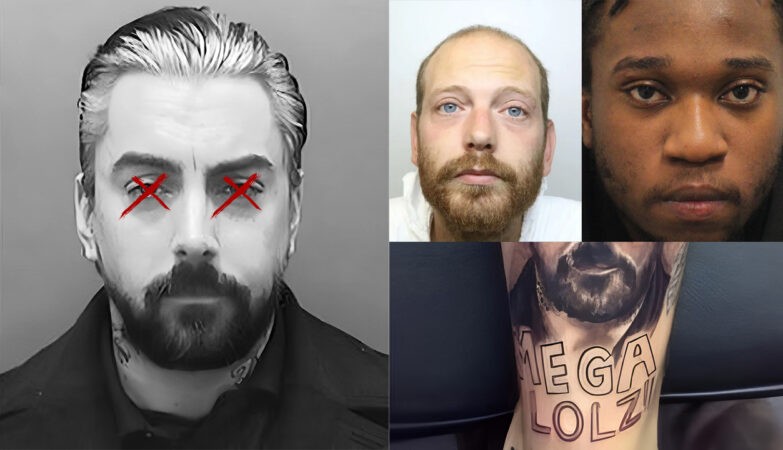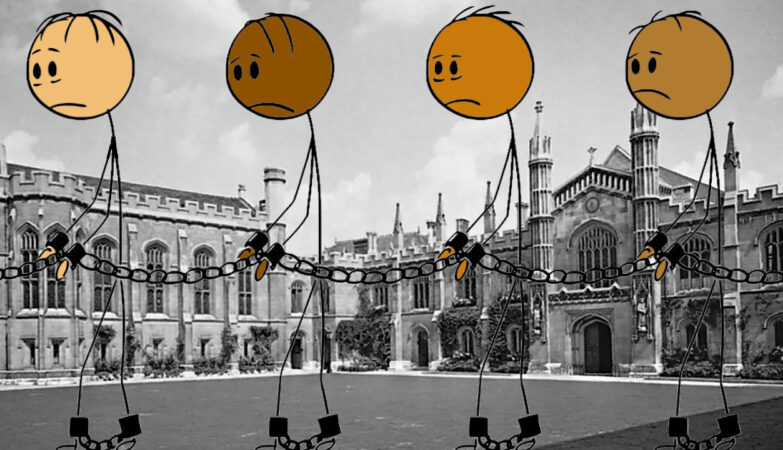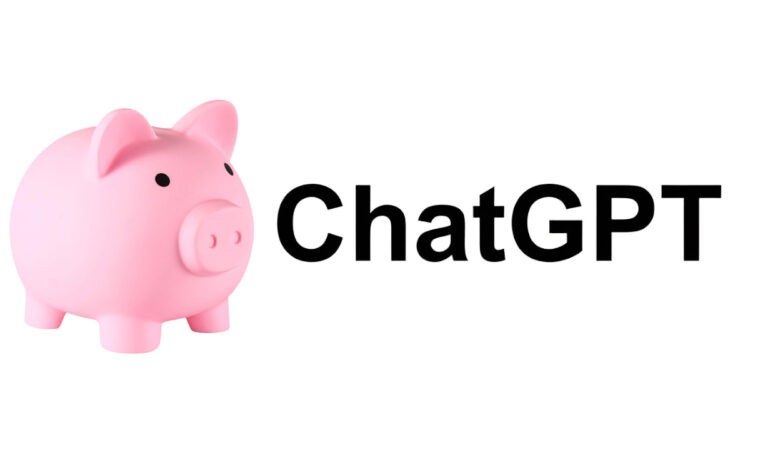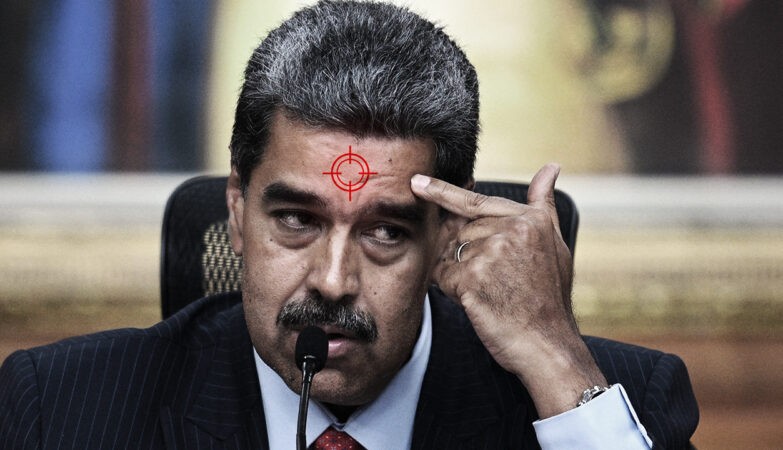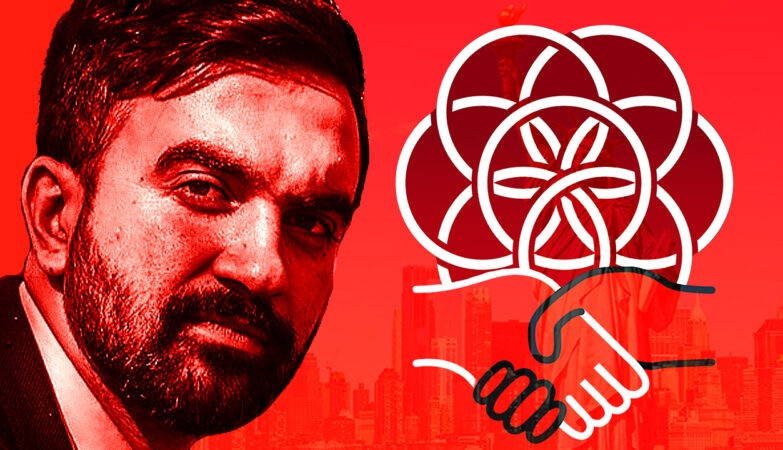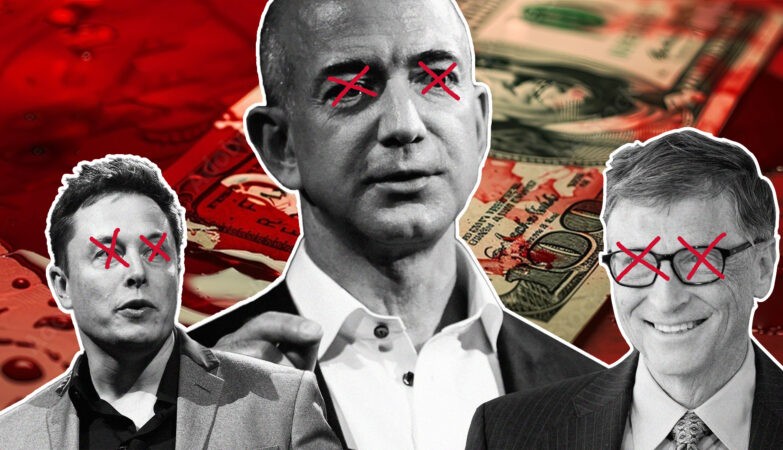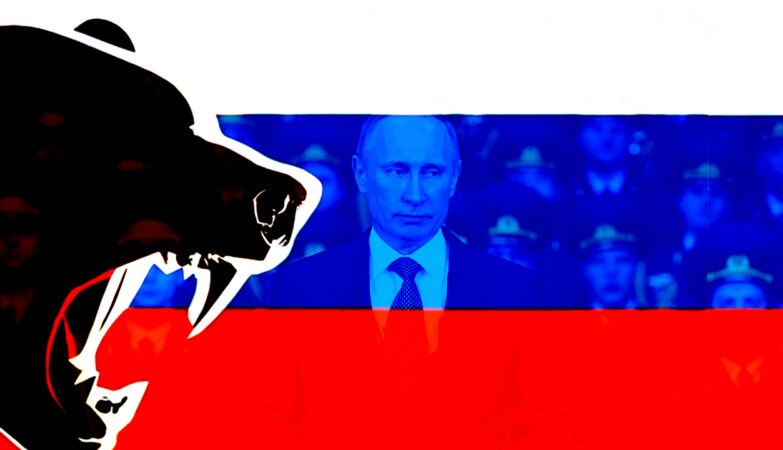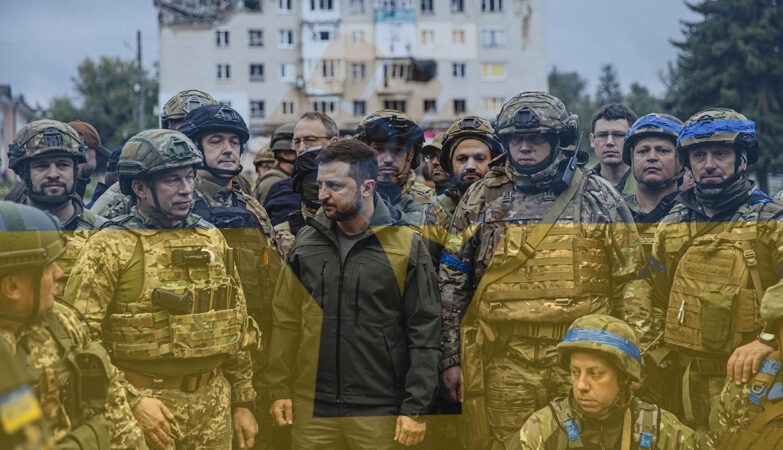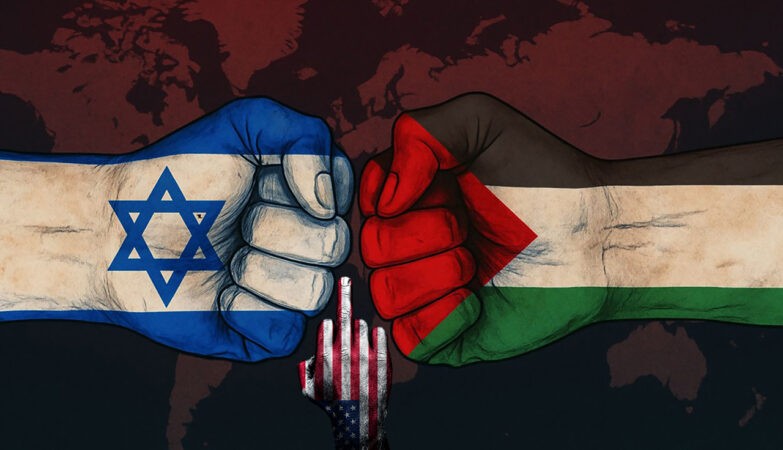Venezuelan dictator, Nicolás Maduro’s past and future is shackled to a collapsing economy, wrought by two decades of socialism, mismanagement, and corruption that has squandered $1.5 trillion in oil revenue. Anxious Venezuelans pass their days in long lines to buy food, medicine, and other necessities. Crime and insecurity stir rage in a society polarized by decades of class warfare, which has been used by Maduro — like Chávez before him — to consolidate his base among Venezuela’s poor majority.
This kind of leadership hasn’t created many friends for the man, in fact he is surrounded by enemies and those who look forward to the day he lies six feet deep under the dirt, not excluding the current president of the United States, Donald Trump.
As a Ford carrier strike group arrives in the Caribbean to counter drug trafficking from Venezuela, President Trump has reportedly approved CIA covert operations in the country, according to the New York Times.
According to people briefed on the matter, the CIA operations could lay the groundwork for further military action against Venezuela. As of November, there have been at least 20 military strikes on narco-terrorist vessels out of Venezuela, headed to the United States, resulting in the death of at least 79 people.
The president has also authorized a new round of negotiations. Earlier talks saw Maduro offer to step down after a delay of a few years, a proposal the White House rejected.
The report came just a day after President Trump called Maduro a terrorist, and didn’t shut down the possibility of deploying troops to Venezuela.
“No, I don’t rule out that, I don’t rule out anything,” Trump said Monday. “We just have to take care of Venezuela. They dumped hundreds of thousands of people into our country from prisons. Nobody knows better than this young lady [Secretary for the Department of Homeland Security Kristi Noem] right here. She’s done an incredible job with Tom Homan and all of your people.”
It seems pretty clear to me that unless Maduro steps down from power or is able to somehow placate Western leadership, his time as “president” and maybe even in this world is quickly running out.
U.S. Interventionism
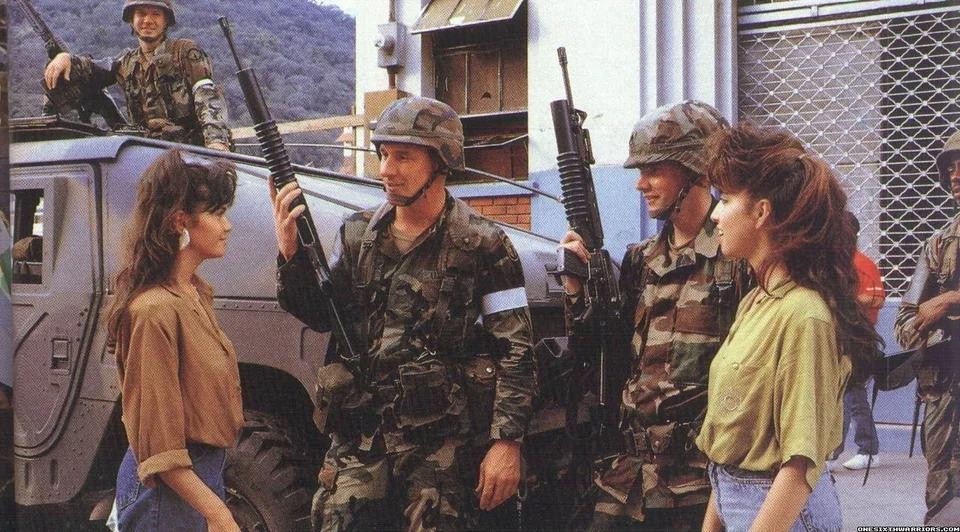
But let’s take a look at this from the other side of the spectrum.
The long and often sinister history of U.S. intervention in Latin America appears to be about to enter a new chapter. After a 20th century full of active interference, sometimes overt, such as the 1989 invasion of Panama — and other times, supposedly covert, such as the sponsorship of the 1973 coup in Chile against Salvador Allende — the Trump administration has authorized covert CIA operations in Venezuela.
Add to this the five attacks on alleged drug boats and a small submarine in the Caribbean, and the strange withdrawal of the head of the Southern Command, in charge of military operations in the region, two years ahead of schedule, and the pressure on Maduro becomes even more direct.
Many Latin American dictatorships were built thanks to U.S. support for both the autocrats themselves and the power apparatus that underpinned them: the memory of the sinister School of the Americas, which trained more than 45,000 Latin American officers and instructed them in dirty war tactics, has not yet been erased, even though it closed its doors in 1984.
The CIA was the direct executor of coup plots, assassination plots, and the rise of the Contra insurgency in Sandinista Nicaragua in the 1980s. Its explicit mention by Trump, who recently admitted having authorized CIA operations against Chavismo, is not only unprecedented, but also, and above all, a warning.
During the 20th century, Washington’s interventionism in the region served to preserve strategic interests (the Panama Canal), economic interests (the United Fruit Company’s monopoly in Guatemala), and political ones, which can be summed up in the fight against communism, especially during the Cold War. In recent decades, these objectives have been overlapping with the powerful DEA’s war on drugs.
That is precisely the argument Trump uses to pressure Venezuela and try to force Maduro out, subjecting the Chavista leadership to a regime of psychological terror. The six extrajudicial operations carried out in Caribbean waters since September 2nd have left at least 27 people dead and two survivors, a Colombian citizen and an Ecuadorian national, who were detained and will be repatriated.
The president announced a second phase of the offensive, suggesting the beginning of ground incursions. The fundamental difference with the past is that, in a world determined by an uninterrupted flow of communication and public interactions on social media, the White House and the State Department are now toying with the idea of announcing the next step.
This strategy has contributed to sowing unrest throughout much of the region. The military campaign in the Caribbean is being followed closely and with concern by the Washington-based embassies of Latin American countries that are home to organizations involved in drug trafficking, such as Mexico and Colombia. They are also watching with the hope that Trump’s interventionist ambitions will not continue beyond Venezuela.
Mexico alone has six criminal gangs included as of last February by the U.S. State Department on the list of “foreign terrorist organizations”: the Sinaloa, Jalisco New Generation, Northeast, and New Michoacan Family cartels, as well as the Gulf Cartel and the “United Cartels.”
“There’s a fear of who might be next,” explains a Latin American diplomatic source in the U.S. capital. “And also a certain confidence that countries that maintain a good relationship [with Washington] will be spared. Although with this administration, you never know.”
In both Colombia and Mexico, Trump has already used the war on drugs and his zero-tolerance policy toward immigration to justify a tariff onslaught. However, aside from the clashes with Colombia President Gustavo Petro, the most recent over the latter’s support for Gaza during the United Nations General Assembly, the perception in Bogotá and Mexico City is that, for the moment, Venezuela is Washington’s chosen target. At least for its escalating warlike rhetoric.
“It would be very naive to think that the CIA began operating after Trump said so. All of this has a performative dimension. What is going on is that before, we knew the United States had that capability, and now we know it also has the intention,” says Sergio Guzmán, director of Colombia Risk Analysis, a consulting firm dedicated to measuring political risks in the region and their economic impact.
A clear trigger for an acceleration of events could, in his opinion, be a military response from Maduro. In any case, applying the same Washington recipe to other countries would have deeper consequences. “The case of Mexico is even more sensitive because interdependence is even greater. Any gesture would have an economic impact on the United States, and Trump wants to avoid that,” he reasons.
- https://english.elpais.com/international/2025-10-20/cia-activity-against-venezuelan-leaders-revives-specter-of-us-interventionism-in-latin-america.html
- https://townhall.com/tipsheet/dmitri-bolt/2025/11/19/trump-signs-off-on-possible-cia-operations-in-venezuela-n2666709
- Why Student Loans Are a Scam - January 18, 2026
- Nick Shirley Is a Retard - January 13, 2026
- Here Are All of the Epstein Files So Far - January 11, 2026

